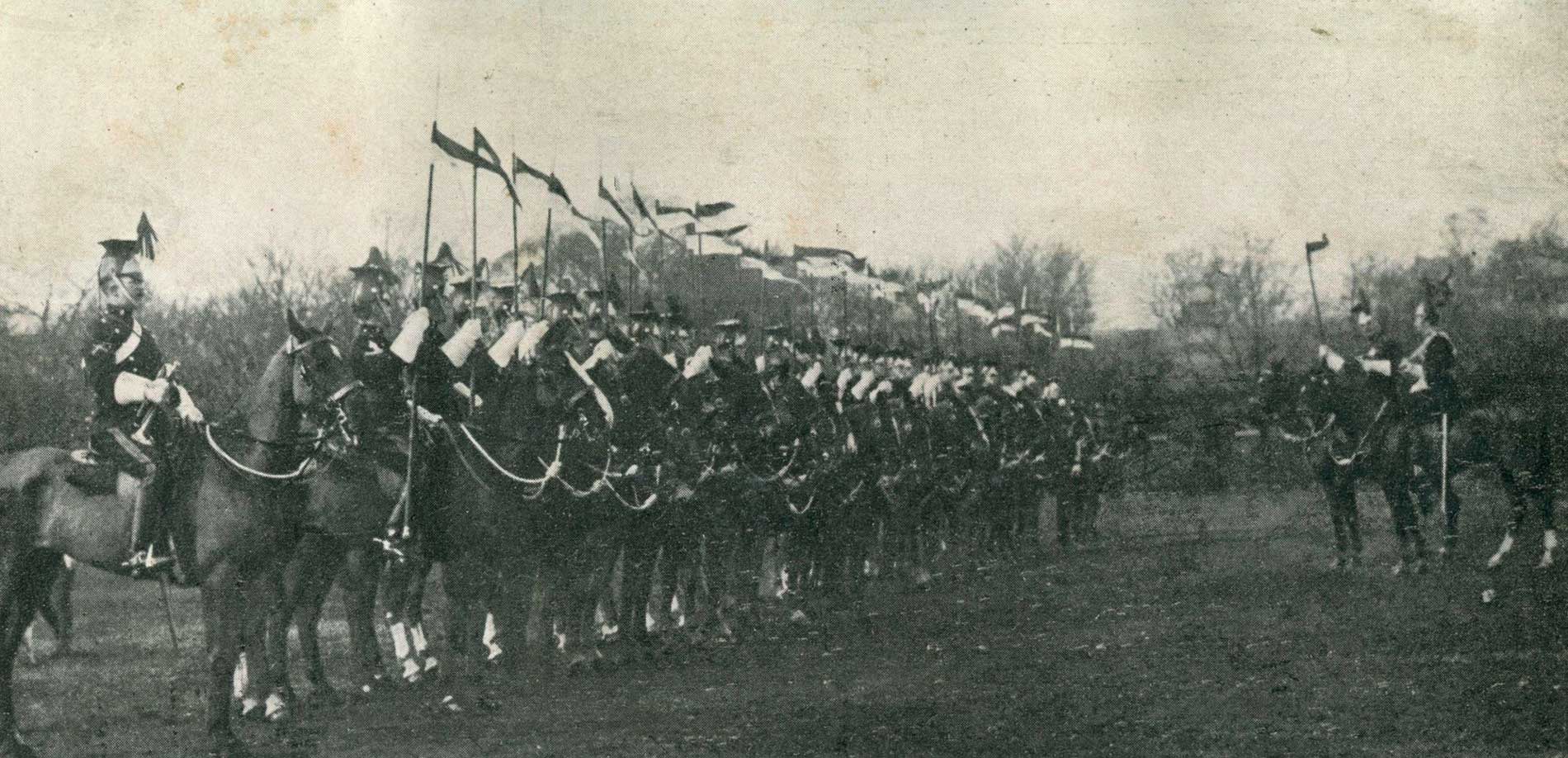Asquith pledges to dismiss any soldier who disobeys orders
‘Any man in uniform who refuses assistance to put down disorder is guilty of a breach of duty and is liable to be dismissed,’ the Prime Minister Herbert Asquith told a highly-charged debate in the House of Commons today.
The debate was called in the wake of reports that up to 100 British Army officers based in Ireland had chosen to resign their commissions rather than serve in Ulster.
Mr. Asquith continued: ‘I protest against the notion that the Army or Navy is to determine the policy of this country, or that the King’s servants, civil, military or naval, shall be allowed to refuse to do their share in the administration of the law.‘

The Prime Minister said that the troop movements in Ireland were reasonable and prudent: ‘It was pointed out to us that there certain positions in the north and east of Ireland in which there were large quantities of arms, ammunition and stores, which were very insufficiently protected, and which might be vulnerable and subject to attack.’
Col. Seely, the Secretary of War, had earlier told the House of Commons that the incident at The Curragh had been due to a misunderstanding of a question put to them by their commanding officer, Sir Arthur Paget.
The Colonel claimed that all officers had now been ordered to rejoin their units, that the movement of troops in Ulster had been completed and that all orders were being punctually obeyed.
The speech was greeted by vigorous cheers from the government benches, but with howls of derision by the opposition.
Lar Joye of the National Museum of Ireland discusses the make-up of the British Military in Ireland in 1914.
To great cheering from the Tory benches, the Conservative leader, Andrew Bonar Law told the House of Commons that there had been a pre-concerted push to provoke or intimidate the people of Ulster.
He asked if General Gough had been re-instated to his position in the army - and, if so, was it on the understanding that he was not to be asked to lead his troops to enforce the Home Rule Bill?
The leader of the Labour Party Ramsay MacDonald said that his view on this manner was frank: ‘If General Gough is not prepared to do his duty he ought not to be an officer.’
Mr. MacDonald continued by saying that the Tory Party was willing to shoot down strikers, whilst claiming immunity for Ulstermen. These officers are prepared to shoot down strikers because they are biased against them. He concluded by saying that they will not do their duty in Ulster because of their class bias.





















